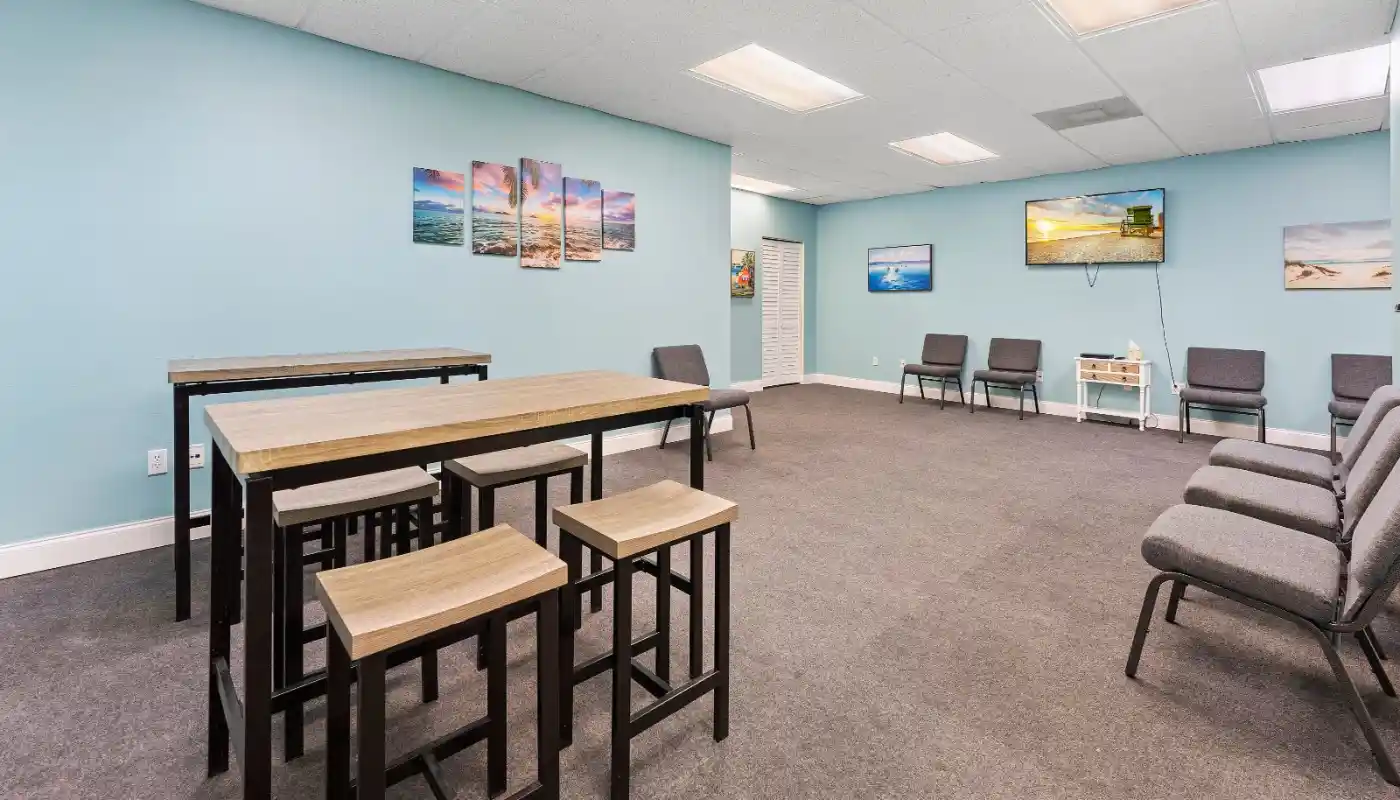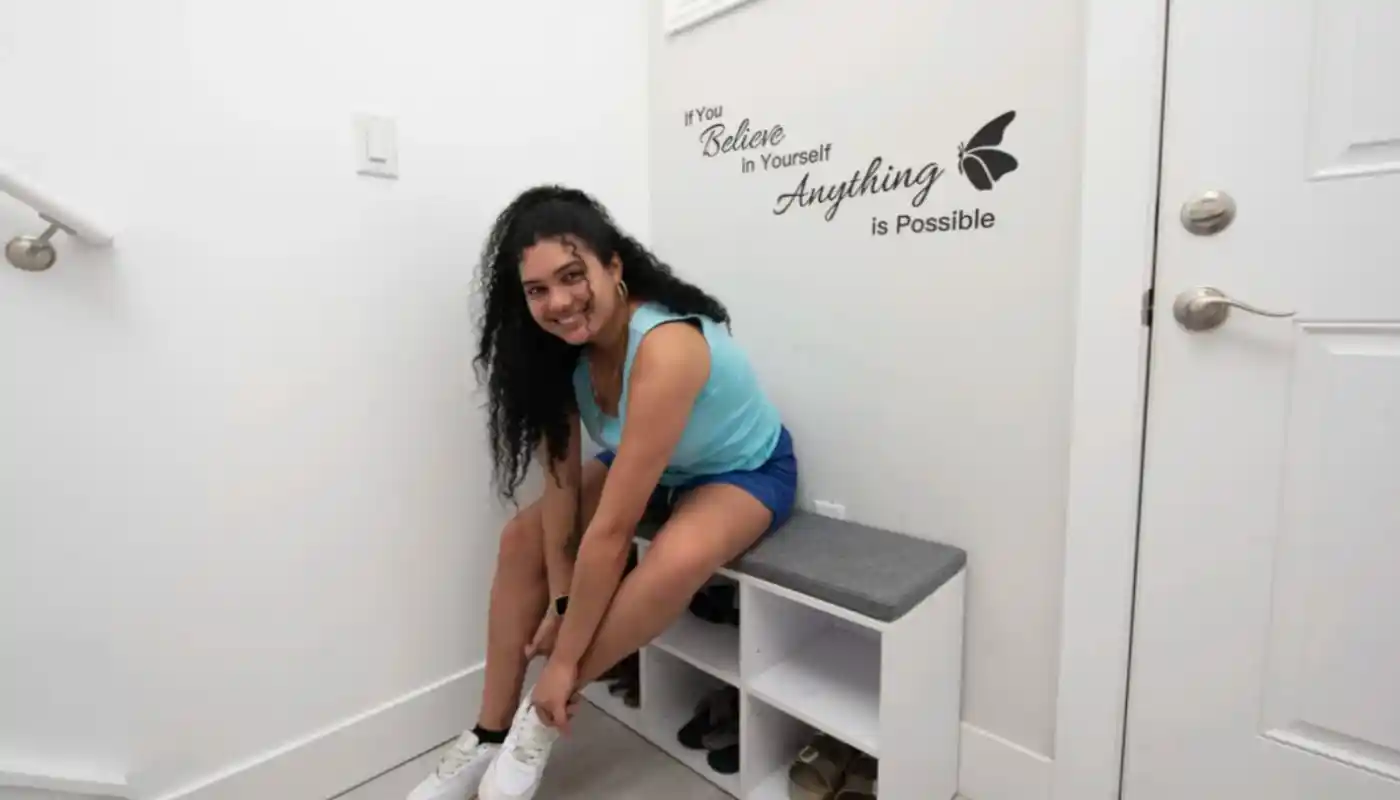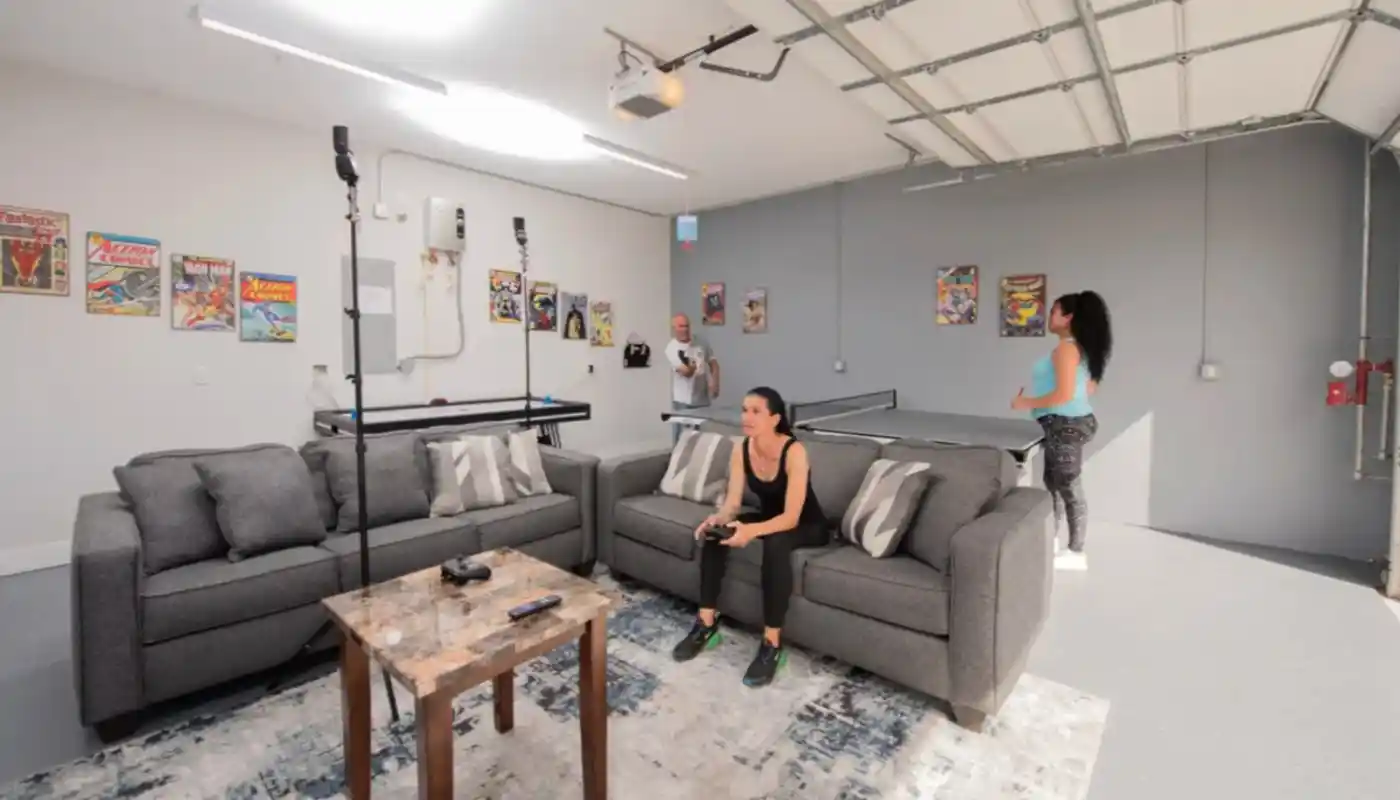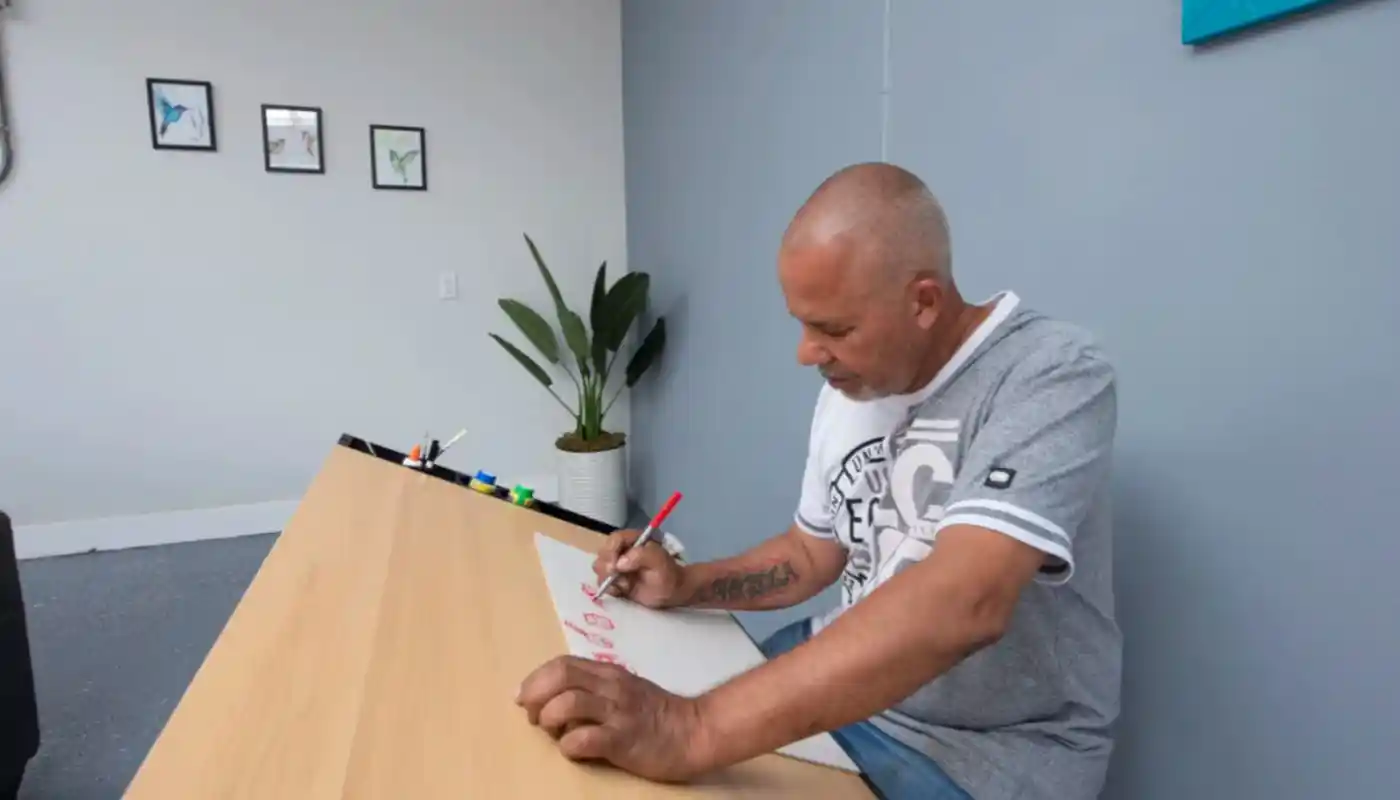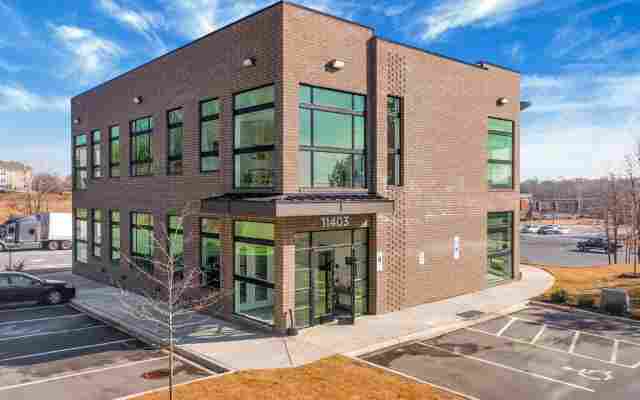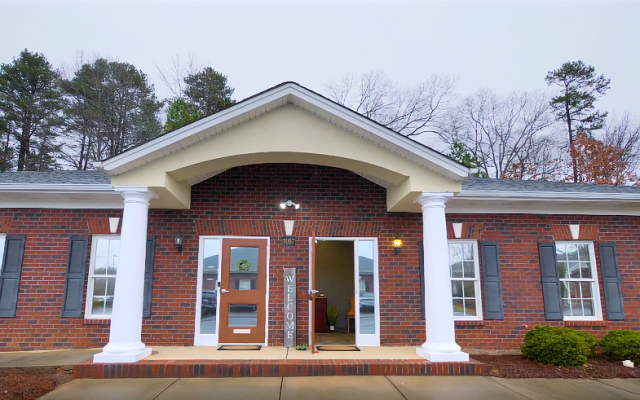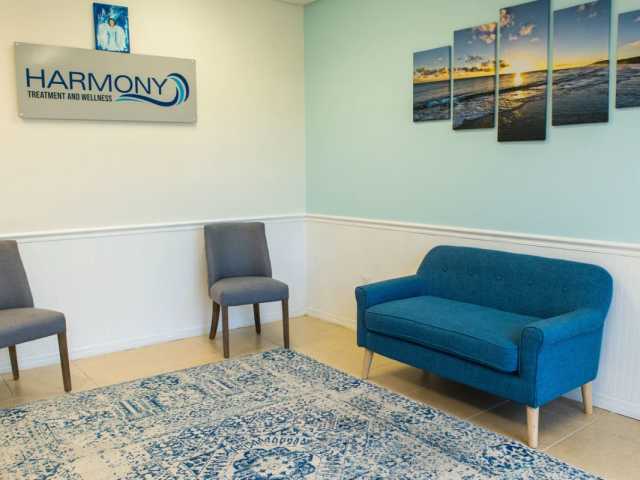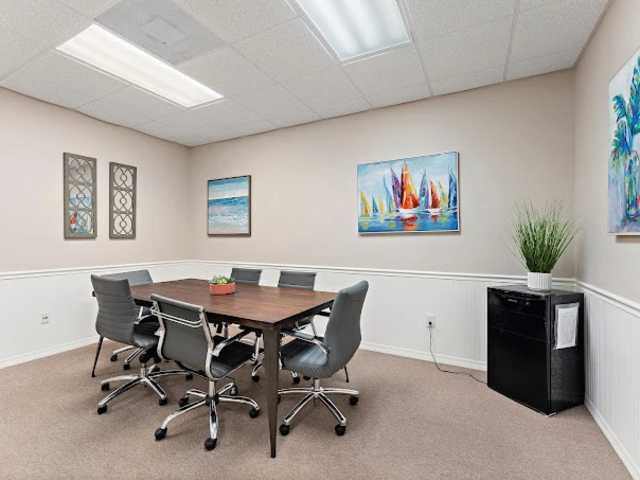
Stuart, Florida, United States
Harmony Treatment and Wellness
Verified
Verified
This provider’s information has been quality-checked by Recovery.com’s Research Team for accuracy and completeness, including center verification through appropriate third-party organizations.
Joint Commission Accredited
The Joint Commission accreditation is a voluntary, objective process that evaluates and accredits healthcare organizations (like treatment centers) based on performance standards designed to improve quality and safety for patients. To be accredited means the treatment center has been found to meet the Commission's standards for quality and safety in patient care.
Provider's Policy
Harmony Treatment and Wellness accepts the following insurance. The center does not accept Medicaid, Medicare, or state insurance.
Estimated Cash Pay Rate
The cost listed here ($12,000 - $15,000/30 days) is an estimate of the cash pay price. Center pricing can vary based on program and length of stay. Contact the center for more information. Recovery.com strives for price transparency so you can make an informed decision.
Highlights from the Center
Highlights
These highlights are provided by and paid for by the center.
1-on-1 Counseling
Customized Treatment Plans
Perfect for Professionals
Trauma-Informed Care
About Harmony Treatment and Wellness
Harmony Treatment and Wellness is committed to providing efficient, accessible treatment for substance use and co-occurring mental health concerns. The facility, conveniently located near the Atlantic Ocean in Stuart, Florida, provides partial hospitalization (PHP), intensive outpatient care (IOP), and outpatient treatment. They implement solution-focused treatment programs that identify and address the root causes of each mental health concern or substance use disorder. As part of the Harmony Recovery Group family, Harmony Treatment and Wellness has created a safe, nurturing environment where clients can embark on their recovery journey.
Progressive Levels of Care
At Harmony Treatment and Wellness, clients benefit from a comprehensive approach to treatment that includes progressive levels of care tailored to meet individual needs. The initial step in the recovery journey includes completing a thorough assessment to determine accurate diagnoses. Each level of care is then carefully designed to prepare clients for the next stage of their recovery journey, building a solid foundation for lasting change. This structured approach allows clients to receive the appropriate level of support and guidance at every step, empowering them to achieve lasting recovery.
Expert and Compassionate Staff
The heart of Harmony Treatment and Wellness lies in its expert and compassionate staff who guide clients through every step of their recovery journey. Each team member, from experienced clinicians to dedicated support staff, is deeply committed to providing personalized care tailored to each individual's unique needs. Their approach goes beyond treating the symptoms of addiction and mental health challenges; it involves understanding the whole person and treating them with the care and respect of family.
Innovative Wellness Programs and Traditional Therapies
Harmony Treatment and Wellness elevates the healing process with a rich array of innovative wellness programs and traditional therapies that foster physical, emotional, and mental harmony. The center immerses clients in traditional therapies like cognitive behavioral therapy (CBT) as well as therapeutic practices like yoga, meditation, and recreational therapy, each carefully woven into their personalized treatment plans. These activities do more than just alleviate stress and anxiety—they empower clients with practical tools to navigate the challenges of recovery. Clients learn to nurture more mindfulness, resilience, and inner peace through these modalities.
Read More

Insurance Accepted
Provider's Policy:Harmony Treatment and Wellness accepts the following insurance. The center does not accept Medicaid, Medicare, or state insurance.
Other Centers From Harmony Recovery Group
Integrated Treatment for Mental Health and Substance Use
Harmony Treatment and Wellness specializes in treating both substance use disorders and co-occurring mental health issues through an integrated approach. By addressing these challenges concurrently, the center offers truly comprehensive care tailored to each individual's needs. Clients engage in individual and group therapy, educational workshops, family counseling, and adventure therapy to develop effective coping mechanisms and emotional resilience. Additionally, holistic practices like mindfulness and yoga can enhance overall well-being. This dual-focused strategy empowers clients to build a fulfilling life.
Trauma-Informed Counseling
Harmony Treatment and Wellness understands the lasting impact of traumatic events and how they can play a role in substance use disorders and mental health challenges. As part of treatment, their trauma-informed addiction care can mitigate the effects of trauma and promote progress and healing.
Supportive Community Housing
Harmony Treatment and Wellness understands that living alongside others with similar goals creates a structured, sober community that enhances accountability and supports sustained recovery and sobriety. Their housing facilities in the Treasure Coast area provide safe, recovery-focused housing that is supervised 24/7 by highly qualified, trained staff during the outpatient treatment stage.

Center Overview
Estimated Cash Pay Rate
Young Adults
Emerging adults ages 18-25 receive treatment catered to the unique challenges of early adulthood, like college, risky behaviors, and vocational struggles.
Men and Women
Men and women attend treatment for addiction in a co-ed setting, going to therapy groups together to share experiences, struggles, and successes.
Midlife Adults
For adults ages 40+, treatment shifts to focus on the unique challenges, blocks, and risk factors of their age group, and unites peers in a similar community.
Professionals
Busy, high-ranking professionals get the personalized treatment they need with greater accommodations for work, privacy, and outside communication.

Treatment Focus
This center treats primary substance use disorders and co-occurring mental health conditions. Your treatment plan addresses each condition at once with personalized, compassionate care for comprehensive healing.
Treatment
Specializations
Alcohol
Using alcohol as a coping mechanism, or drinking excessively throughout the week, signals an alcohol use disorder.
Anxiety
Anxiety is a common mental health condition that can include excessive worry, panic attacks, physical tension, and increased blood pressure.
Co-Occurring Disorders
A person with multiple mental health diagnoses, such as addiction and depression, has co-occurring disorders also called dual diagnosis.
Depression
Symptoms of depression may include fatigue, a sense of numbness, and loss of interest in activities. This condition can range from mild to severe.
Drug Addiction
Drug addiction is the excessive and repetitive use of substances, despite harmful consequences to a person's life, health, and relationships.
Intensive Outpatient Program
In an IOP, patients live at home or a sober living, but attend treatment typically 9-15 hours a week. Most programs include talk therapy, support groups, and other methods.
Outpatient
During outpatient rehab, patients attend a structured treatment program while continuing to live at home.
Trauma
Some traumatic events are so disturbing that they cause long-term mental health problems. Those ongoing issues can also be referred to as "trauma."
Treatment Services
Day Treatment
In a PHP, patients live at home but follow an intensive schedule of treatment. Most programs require you to be on-site for about 40 hours per week.
Intensive Outpatient Program
In an IOP, patients live at home or a sober living, but attend treatment typically 9-15 hours a week. Most programs include talk therapy, support groups, and other methods.
Outpatient
During outpatient rehab, patients attend a structured treatment program while continuing to live at home.
Approaches
Evidence-Based
A combination of scientifically rooted therapies and treatments make up evidence-based care, defined by their measured and proven results.
Holistic
A non-medicinal, wellness-focused approach that aims to align the mind, body, and spirit for deep and lasting healing.
Individual Treatment
Individual care meets the needs of each patient, using personalized treatment to provide them the most relevant care and greatest chance of success.
Twelve Step
Incorporating spirituality, community, and responsibility, 12-Step philosophies prioritize the guidance of a Higher Power and a continuation of 12-Step practices.
Therapies
1-on-1 Counseling
Patient and therapist meet 1-on-1 to work through difficult emotions and behavioral challenges in a personal, private setting.
Meditation & Mindfulness
A practiced state of mind that brings patients to the present. It allows them to become fully aware of themselves, their feelings, and the present moment.
Adventure Therapy
This experiential approach uses the physical and emotional challenges of outdoor activities as tools for personal growth.
Art Therapy
Visual art invites patients to examine the emotions within their work, focusing on the process of creativity and its gentle therapeutic power.
Family Therapy
Family therapy addresses group dynamics within a family system, with a focus on improving communication and interrupting unhealthy relationship patterns.
Medication-Assisted Treatment
Combined with behavioral therapy, prescribed medications can enhance treatment by relieving withdrawal symptoms and focus patients on their recovery.
Nutrition Counseling
Nutritious food helps patients heal from within, setting them up for mental and bodily wellness as they learn about healthy eating.
Psychoeducation
This method combines treatment with education, teaching patients about different paths toward recovery. This empowers them to make more effective decisions.
Twelve Step Facilitation
12-Step groups offer a framework for addiction recovery. Members commit to a higher power, recognize their issues, and support each other in the healing process.
Conditions We Treat
Anxiety
Anxiety is a common mental health condition that can include excessive worry, panic attacks, physical tension, and increased blood pressure.
Depression
Symptoms of depression may include fatigue, a sense of numbness, and loss of interest in activities. This condition can range from mild to severe.
Trauma
Some traumatic events are so disturbing that they cause long-term mental health problems. Those ongoing issues can also be referred to as "trauma."
Substances We Treat
Alcohol
Using alcohol as a coping mechanism, or drinking excessively throughout the week, signals an alcohol use disorder.
Benzodiazepines
Benzodiazepines are prescribed to treat anxiety and sleep issues. They are highly habit forming, and their abuse can cause mood changes and poor judgement.
Co-Occurring Disorders
A person with multiple mental health diagnoses, such as addiction and depression, has co-occurring disorders also called dual diagnosis.
Cocaine
Cocaine is a stimulant with euphoric effects. Agitation, muscle ticks, psychosis, and heart issues are common symptoms of cocaine abuse.
Drug Addiction
Drug addiction is the excessive and repetitive use of substances, despite harmful consequences to a person's life, health, and relationships.
Heroin
Heroin is a highly addictive and illegal opioid. It can cause insomnia, collapsed veins, heart issues, and additional mental health issues.
Methamphetamine
Methamphetamine, or meth, increases energy, agitation, and paranoia. Long-term use can result in severe physical and mental health issues.
Opioids
Opioids produce pain-relief and euphoria, which can lead to addiction. This class of drugs includes prescribed medication and the illegal drug heroin.
Aftercare
Experience
Personal Amenities
Amenities
Activities
Yoga
Yoga is both a physical and spiritual practice. It includes a flow of movement, breathing techniques, and meditation.
Off-Site Activities
Learn more about Harmony Treatment and Wellness
Testimonial
Great place, genuinely care for their clients, sound therapists, very compassionate people, well trained staff that go out of their way to assist clients with anything and everything.
MICHEAL S
We love hearing about your treatment experience
Help individuals and families seeking treatment by sharing your first-hand experience with this treatment provider. Review Guidelines.















